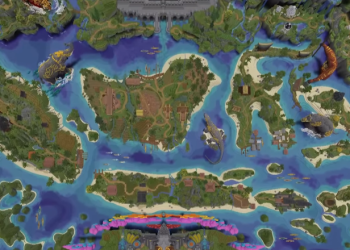Jakarta, Indonesia Sentinel — Indonesia is taking major steps to regulate the use of artificial intelligence (AI), with the government drafting a presidential regulation (Perpres) aimed at strengthening cross-sectoral AI governance. The initiative, led by Deputy Minister of Communication and Digital Affairs Nezar Patria, also includes a national AI roadmap currently in the works.
“There will be two key deliverables, an AI roadmap and a presidential regulation that will apply across all institutions,” Nezar said during a meeting with Singapore’s Deputy Ambassador to Indonesia, Terrence Teo, in Jakarta on Wednesday, July 16. “With these, we are reinforcing our regulatory framework for AI,” he added, as quoted in an official statement.
Nezar noted that Indonesia already has a number of legal instruments relevant to AI development, including the Electronic Information and Transactions Law (ITE Law), the Personal Data Protection Law, the national criminal code (KUHP), as well as several ministerial regulations and ethical guidelines for AI.
“These regulations serve as a foundation for mitigating risks and guiding responsible AI usage,” Nezar explained. “With this framework in place, stakeholders developing AI technologies will have a reference point, and users will be better positioned to navigate and manage the associated risks.”
Read Also:
In addition to regulatory efforts, the Ministry is collaborating with the Japan International Cooperation Agency (JICA) and consultants from Boston Consulting Group (BCG) to develop the national AI roadmap.
The drafting process involves a wide range of stakeholders including businesses, academia, civil society, and government agencies, and has been ongoing for nearly two months. “The draft is still under discussion, but we aim to finalize it by the end of this month,” Nezar said.
The roadmap is intended to serve as a guiding framework for ministries and institutions on AI adoption in key sectors such as transportation, education, healthcare, and financial services.
“This will function as a principle-based guide for all ministries engaged in AI adoption,” Nezar said. “It outlines what can and cannot be done, and highlights the risks that must be carefully managed.”
The Indonesian government hopes the roadmap and the presidential regulation will provide a foundation for ethical, adaptive, and globally responsive AI development. Together, the two documents are expected to balance innovation with public protection, while supporting the growth of a sustainable national AI ecosystem.
(Raidi/Agung)

























